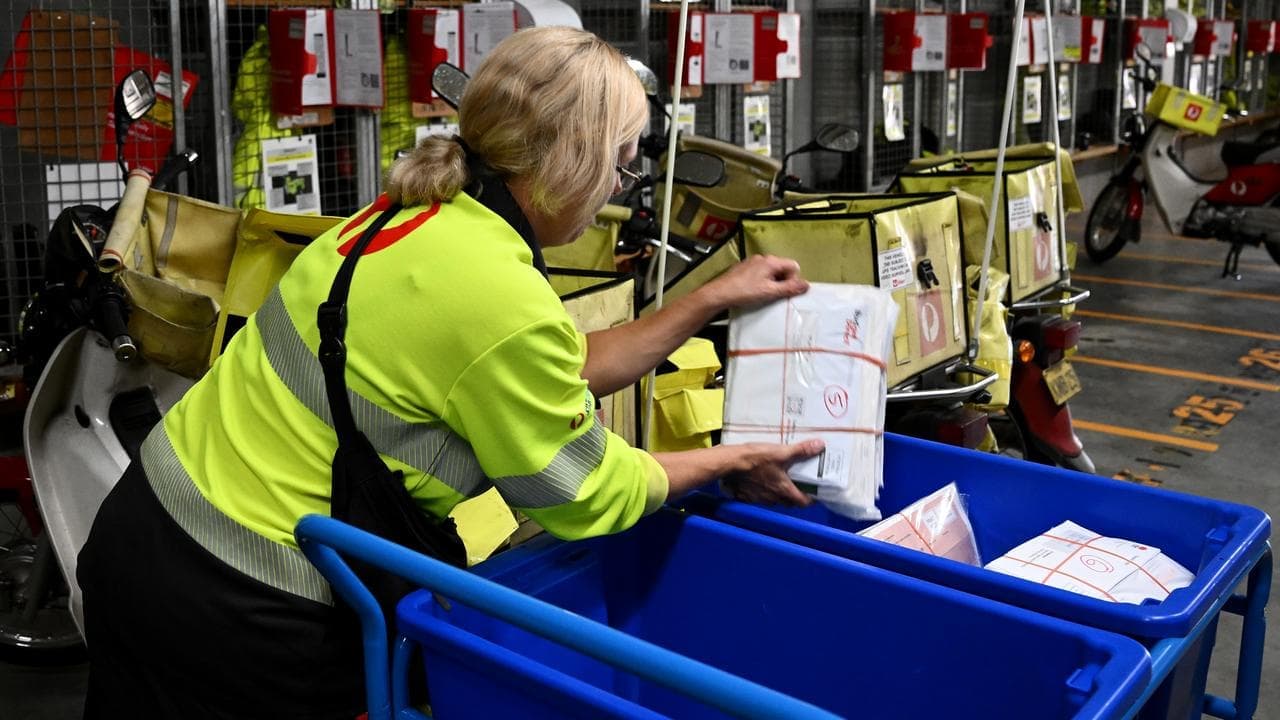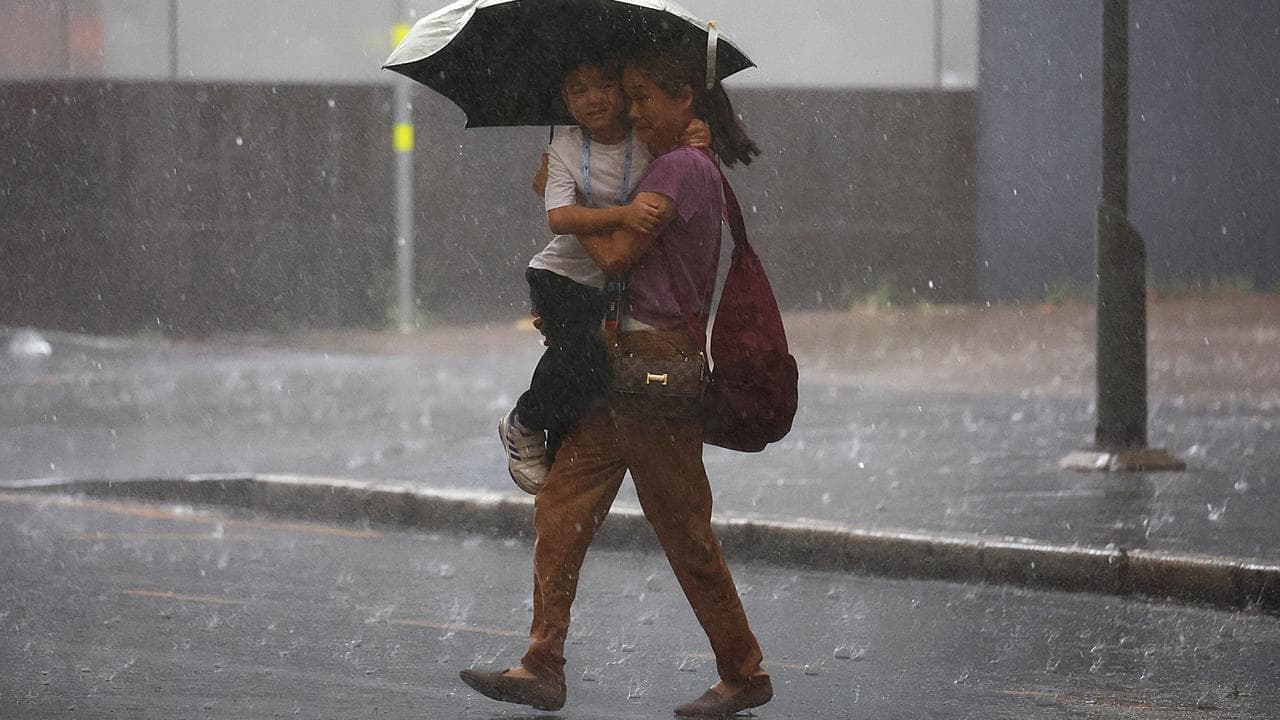WHAT WAS CLAIMED
Five per cent of Papua New Guinea's population has mpox.
OUR VERDICT
False. There are no reported cases of mpox in PNG.
AAP FACTCHECK - Five per cent of Papua New Guinea's population is infected with mpox as the outbreak spreads across the globe, social media posts claim.
This is false. The PNG Department of Health and the World Health Organization (WHO) say there are no mpox cases in the Pacific nation as of August 28.
Official figures have global mpox cases in 2024 at more than 20,000. If the claims were true, around 600,000 Papua New Guineans would be infected based on the population.
Facebook posts allege the deadly strain of the infectious disease is rife in PNG after the WHO declared the new outbreak in Africa a global health emergency in early August.

"Mpox outbreak in PNG. The new Mpox virus is spreading globally, and the World Health Organization (WHO) announced today that it is a very dangerous disease that can potentially kill many people in a single day," the posts state.
"In Papua New Guinea, the Mpox virus has already arrived, and approximately 5% of the population is infected."
Many posts include two images, one of a man with mpox and another of the feet of a child infected with the disease.
The PNG Department of Health and the WHO issued a joint press release on August 28 in an effort to dispel the "misinformation".
"It is important to clarify that at this stage, there is no confirmed outbreak of mpox in Papua New Guinea," they stated.
"The spread of misinformation can cause unnecessary panic and hinder public health efforts. We urge all citizens to rely on information from official sources and avoid sharing unverified news or rumors."
The press release also explains mpox is different from chickenpox, which is common in PNG.

Reverse image searches confirm photos used in the posts are not from PNG.
The photo of the man is Jean Kakuru Biyambo, who has been receiving mpox treatment in the Democratic Republic of Congo (DRC).
The photo of the child is also from DRC, where mpox cases first surged.
The mpox variant has so far been reported in 18 nations - mostly in Africa, as well as Sweden, Pakistan, the Philippines and Thailand.
The Verdict
False — The claim is inaccurate.
AAP FactCheck is an accredited member of the International Fact-Checking Network. To keep up with our latest fact checks, follow us on Facebook, Twitter and Instagram.












